Playing to one stakeholder group at the expense of another is risky business
This weeks dustup over new YouTube ads from car shopping site Edmunds.com, is a great example of the dangers of focusing too much on one audience while neglecting to consider another.
Edmunds has been pushing the idea of no-haggle car sales for a while now, and, in an extension of that effort, its latest video series poked fun at the wrangling over prices that’s so famously associated with picking up a new ride.
While customers seem to be enjoying the videos, Edmunds advertisers aren’t happy. AdAge spoke to Jeff Wyler, CEO of the Wyler Automotive Group, whose dealerships are paying Edmunds customers:
“For 41 years, the Jeff Wyler Automotive Family has been committed to practicing business at the highest levels of integrity,” he said. “Negotiating prices on cars has always been expected by the consumer and having it referred to as ‘haggling’ by a company that I am a customer of is insulting.”
The 15-store group, Mr. Frye said, was putting its 2015 ad budget together when the videos hit YouTube.
While we would have advised the dealers to make their point about the tone of the videos rather than the word haggling, which, let’s face it, is the term most people use, the point still stands that Edmunds ticked off one set of stakeholders while appealing to the other. The result? One day after the dealer outcry, Edmunds pulled the videos, issuing the following statement:
“Our digital videos illustrating the ‘Absurdity of Haggling’ missed the mark. Some of our partners were deeply insulted, expressing that our attempt at humor reinforced outdated stereotypes. That was obviously never our intent. It has created a distraction from our business of helping to make car shopping easier. We are terminating the videos and getting back to working with our dealer partners to improve the car buying process for car shoppers around the country.”
Playing to your stakeholders can win you attention and brand loyalty, but don’t pander to one group while throwing dirt on another. Not only did Edmunds lose money on these ads that have already been pulled from public view, but we’d bet advertisers will be keeping a close eye on the organization’s next moves for signs that they’re no longer as dedicated to supporting them as they claim to be.
——————————-
For more resources, see the Free Management Library topic: Crisis Management
——————————-
[Jonathan Bernstein is president of Bernstein Crisis Management, Inc., an international crisis management consultancy, author of Manager’s Guide to Crisis Management and Keeping the Wolves at Bay – Media Training. Erik Bernstein is Social Media Manager for the firm, and also editor of its newsletter, Crisis Manager]
– See more at: https://staging.management.org/blogs/crisis-management/2014/10/09/tesco-financial-scandal-leads-to-reputation-crisis/#sthash.A4gzSIgj.dpuf











